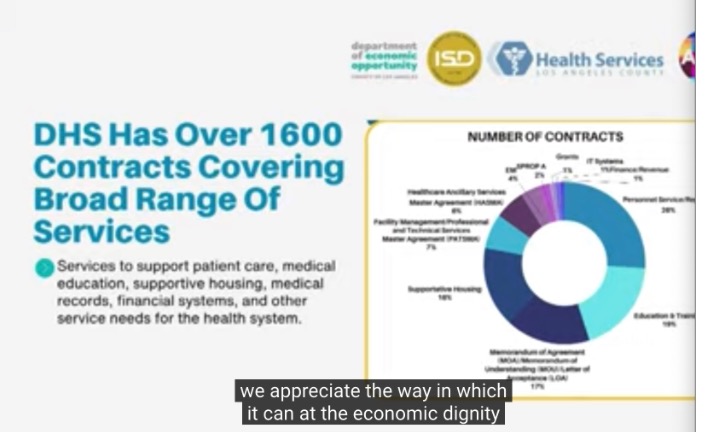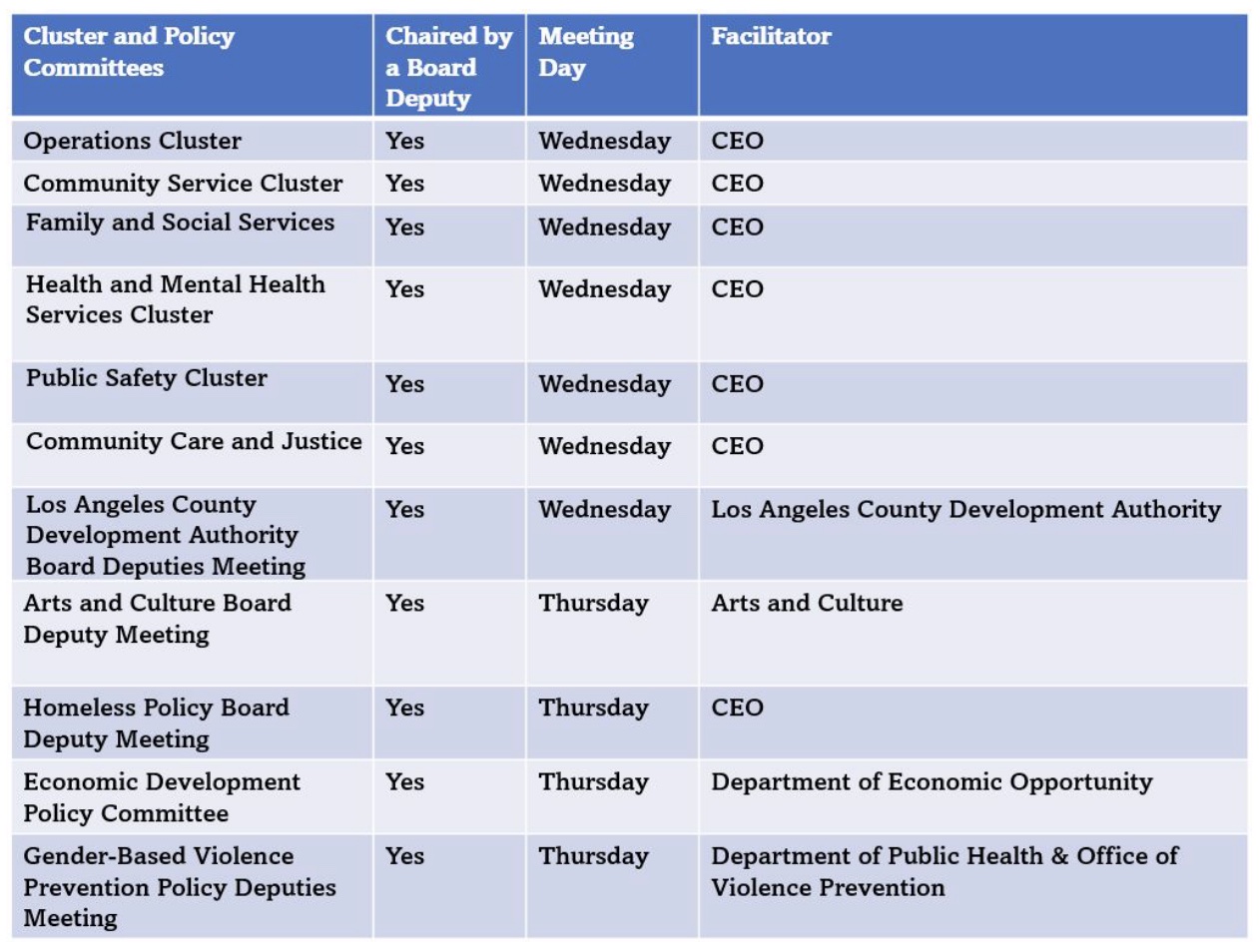Comments
ERIC PREVEN’S NOTEBOOK - Let’s be clear: I don’t condone violence, but stories of tragedy like the assassination of CEO Brian Thompson force us to confront the greed driving our healthcare industry. Not a system—an industry. That matters because systems serve people, but industries serve profits.
Take UnitedHealth: $371.6 billion in revenue last year, stock up nearly 100% in five years. Great for investors, and devastating for patients. They cut costs, delay care, and deny treatment—all to maximize profit. Meanwhile, our life expectancy falls below countries like Poland and Turkey.

Bernie Sanders has been on to Big Pharma.
We’re told this is normal, even unchangeable. It’s not. Healthcare is a human right, not a luxury. Senator Sanders is right: billions are wasted enriching the few while millions remain uninsured or underinsured. It’s killing us—quietly, every day.
This isn’t about numbers; it’s about lives. Families torn apart. People left untreated and unheard.
We need Medicare for All. Strip the profits out of healthcare and put humanity back in.
Smart Speaker: I wanted to quickly ask about the reappointment of Marissa Montes. Her expertise in immigration law, trauma-informed practices, and human rights advocacy is truly impressive. But does she think a 72-item agenda in one session really allows for meaningful public engagement? And shouldn’t public speakers addressing critical issues be visible during meetings to enhance accountability and promote more inclusive dialogue?
It didn’t happen. New Council, same shit!
For the first time in history, women now form the majority on the Los Angeles City Council, with eight women among its 15 members. Among them is newly elected Councilmember Ysabel Jurado, representing District 14. As the first Filipino American, first openly queer member, and first woman elected to her district, Jurado's historic victory is matched by her commitment to grassroots engagement, including a neighborhood listening tour during her first 100 days.
Smart Speaker: She needs to take the Paul Krekorian Polished BS Version™ Tour of City Hall.
Meanwhile, Councilmember Heather Hutt, elected to a full term representing District 10, makes history as the first Black woman to hold the seat. A trailblazer in her own right, Hutt previously served as California’s first Black U.S. Senate State Director. Her upcoming community event celebrating this milestone will feature Mayor Karen Bass and Council President Marqueece Harris-Dawson.
Joining the council from the San Fernando Valley is Adrin Nazarian, stepping into the District 2 seat vacated by his mentor, Paul Krekorian. Nazarian, alongside Jurado, Hutt, and other incoming members, was sworn in this week.
This reshaped council reflects a growing push for gender representation, with Councilmember Monica Rodriguez emphasizing the vital role women’s perspectives play in governance. But let’s talk about age diversity for a moment:
Exclusive Insight :
Seasoning matters. Institutional memory matters. But not the Krekorian Polished BS Version™. The real dirty truth often surfaces during public comment, not in photo ops.
Council Snapshot by Age (Please correct if inaccurate): It seems seven members are under fifty, and eight are over fifty.
Here’s the list of Los Angeles City Council members ranked from oldest to youngest:
- Curren D. Price, Jr. (District 9): 73 years old (Born December 16, 1950)
- Heather Hutt (District 10): 65 years old (Born April 5, 1959)
- Tim McOsker (District 15): 62 years old (Born June 14, 1962)
- Bob Blumenfield (District 3): 57 years old (Born September 13, 1967)
- Marqueece Harris-Dawson (District 8): 55 years old (Born November 7, 1969)
- John S. Lee (District 12): 54 years old (Born June 29, 1970)
- Adrin Nazarian (District 2): 51 years old (Born March 19, 1973)
- Monica Rodriguez (District 7): Approx. 50 years old
- Traci Park (District 11): 47–48 years old (Born in 1976)
- Katy Yaroslavsky (District 5): Approx. 45 years old
- Nithya Raman (District 4): 43 years old (Born July 28, 1981)
- Hugo Soto-Martínez (District 13): Approx. 40 years old
- Imelda Padilla (District 6): Approx. 38 years old
- Eunisses Hernandez (District 1): Approx. 34 years old (Born in 1990)
- Ysabel Jurado (District 14): 33–34 years old (Born in 1990)
Smart Speaker: Less interesting than expected! The real story is what they’ll do with their time on this council, and whether their actions will reflect the needs of the public—
Your time has expired.
Deny, delay...
Despite my usual diligence, I was not called to speak during this week's marathon City Council sessions, which spanned two long meetings and 150 agenda items.
I tuned in to most of it, and it didn’t take long for Marqueece Harris-Dawson to disappoint in his debut as council president. Surprisingly, the standout moment of this week’s City Council theatrics wasn’t the usual grandstanding or self-congratulations—it was the sheer ineffectiveness of the antagonists in making their points.
Councilmember Nithya Raman’s impassioned speech about how the housing plan would hurt tenants—putting targets on their backs as developers eye older buildings—seemed poised to resonate. Yet, her warnings were brushed aside without so much as a pause for reflection. Meanwhile, Councilmember Traci Park’s attempted takedown of an economist offering data-based counterpoints during the wage hike debate was a clumsy misstep. Coming off her "crime plan" centered on license plate readers, Park is hemorrhaging credibility on the Westside. What started as a calculated move to wield power now looks more like a case of classic hubris. She’s done.
Then there’s Hugo Soto-Martinez, the Unionista who couldn’t resist pumping his fist in celebration of the so-called "Olympic wage" victory. Let’s hope he enjoyed the moment because the fallout from this high-profile stunt will haunt him. The city's budget is already a flaming emergency, and policies like these, no matter how well-intentioned, will fuel the fire. These aren’t victories—they’re ticking time bombs.
The council’s obsession with optics over substance was on full display. They passed a housing plan that Raman rightly called a disaster for tenants and a minimum wage hike that ignores glaring economic red flags. These high-profile "wins" aren’t what the city needs—they’re what elected officials need to prop up their political resumes. Meanwhile, LA spirals deeper into crisis: a housing shortage, a budget teetering on the edge, and leadership too busy patting itself on the back to notice.
Harris-Dawson had a chance to steer the council in a bold, new direction. Instead, he doubled down on the tired formula: subterfuge dressed as progress, self-congratulation masking dysfunction. The Mayor? She's busy installing an in-house docent at City Hall who will make $2,000,000 by the Olympics in 2028... or what is the correct number? LA Times?
Cutting County Corners:

DHS at the County has over 50 sole source agreements (out of over 1600).
Executive Officer: Eric, you can begin.
Sup. Kathryn Barger, Chair: Go ahead, Eric.
Smart Speaker: Okay, but as soon as I start speaking, he says, "You can begin," like he can’t hear me. So, can he hear me or not? AT&T has been acting a bit retaliatory lately, so let’s make sure they get a lucrative change order—we’ve clearly been having a disconnect. Why should a speaker have to wait up to 22 minutes just to get an operator? That’s a fail. Let’s move on.
Thank you for putting this on the agenda, and thank you for noting that it’s 2:25—2:27 p.m. You know, some of the people who do care about the West San Gabriel Valley Plan are here. They’re trying, but it is not easy for those of us who want to participate. And I don’t know what happened this morning with the readout of your closed session—I showed up for the closed session, and there were several presentations. Are you trying to mess with us?
Sup. Kathryn Barger, Chair: We’re on item number 7.
Smart Speaker: I know. It’s a community plan. The community plan is great, but let’s also tighten up the way we meet. I love how, finally, Supervisorial District 5—and I am one now—I’m in Supervisorial District 5 now, ever since they threw me out of the Third District. Just kidding --
Next:
Smart Speaker: Okay, item number 5. Did you say item number 5?
Sup. Kathryn Barger, Chair: Yes, Mr. Preven.
Smart Speaker: Are we going out of order? I thought we were on 7 already.
Sup. Kathryn Barger, Chair: Item number 5.
Smart Speaker: The thumbnail on 5, just for the public trying to follow...
Sup. Kathryn Barger, Chair: Item number 5, the gas pipeline franchise to Southern California Gas Company.
Smart Speaker: Got it. Got it. Okay. This is the gas franchise. That is what we do. Even as we talk about how upset we are about what happened out in the West Valley—how we are getting rid of fossil fuels and picking a fight with Big Oil—we are also cooperating where we have to. I appreciate that because, you know, we have to have gas. But not anymore because we are getting rid of it. You can’t have a gas barbecue. I’m so glad I was grandfathered into a gas barbecue. Horvath wants us all to go electric.
Moderator: Thank you. Your time has expired. Next speaker, please.
Next:
Moderator: Eric Preven, your line is open. You may begin.
Smart Speaker: Thank you, I’m here. Can you hear me?
Moderator: Yes.
Smart Speaker: Interesting suggestion about more languages from the API community and Supervisor Horvath, their onboard in-house lobbyist. Thanks to County Counsel for the endless web of bundled contracts that we are here untangling. For years we've been doing "less is more"—let’s have a contract with Securitas for thousands of security guards—check the sole source contract on that next Tuesday.
One particularly bad idea is allowing county employees to take on small business contracts as a so-called "enhancement," simply because CEO Davenport, who isn’t elected, refuses to pay them fairly. This program would essentially let county employees hand out contracts to each other—just like the Board gets "independent research" from their political allies. Surely County Counsel could oversee this for conflicts of interest, right?
In case it’s not clear, I’m joking. Or at least I hope I am.
Look, I think when it comes to RFPs, nobody loves them more than me —I’m the guy who is constantly bellyaching on about sole-source contracts.
Executive Officer: Thank you. Your time has expired. Next speaker, please.
Next:
Moderator: Eric Preven, your line is open. You may begin.
Smart Speaker: Can you direct me to which item this is? General public comment?
Executive Officer: That is correct.
Smart Speaker: Okay, thank you, sir. I appreciate your attention to detail. Taking a quick glance at the AT&T contract—I wouldn’t mind putting that out to bid - Englander Knabe & Allen might not go for that, but who runs the county?
[REDACTED] True!
Regarding the county’s meeting protocols, I would like to thank Supervisor Hahn for today’s participation (was she absent?) I would like to thank Supervisor Mitchell, Supervisor Barger, and our in-house "Village Branded" Supervisor Hilda Solis. I mentioned everyone, except for Supervisor Horvath, who I would like to encourage to be happy about the Notre Dame playoff berth, but take a break from political angling. And now that Supervisor Barger is the Big Chief, let's try to streamline and roll up the right sleeves and do smart things to make our meetings more user-friendly for the public. It’s 4:30 in the afternoon now, for the record. Thank you.
Executive Officer: Thank you. Next speaker, please.
Spotlight on Palisades:
The cost escalation for the Marvin Braude Bike Trail repair—rising from $800,000 to as much as $3.4 million—is concerning, especially when juxtaposed with the County’s other pressing needs. While fixing the path is important, we must ask: is this the best use of FEMA reimbursement funds when serious fires and disasters directly impact people's homes and lives remain underfunded?
This project reflects the same quasi-obliviousness that fuels bailouts for the wealthy who choose to live in fire-prone or ocean-adjacent areas. Prioritizing such folks over more immediate human crises sends the wrong message about equity in disaster response. Coastal paths and recreation certainly matter, but they shouldn't overshadow aid for those facing dire circumstances.

Greedy Mentors:
As it relates to the board's item and appetite for small business equity—one friendly suggestion: Greedy Mentors.
The idea: we pair experienced contractors with small businesses to help them navigate RFPs, compliance hurdles, and bidding strategies. Think of it as a surf lesson for local pros who just need a little push to ride the wave. The "greedy" part? It’s about everyone winning—mentors build their reputations, small businesses land contracts and the county gets solid work from real locals.
For example, let's get rid of the white-backed chairs the Supervisors sit in, and have them reupholstered. Instead of a massive contract going to the usual big players, a small upholsterer—maybe with a little help sourcing fabric downtown—could easily handle this. Lower the threshold, unbundle the projects, and open the door to real competition. The white chairs are racist.
This isn’t a zero-sum game. It’s about strengthening the community by giving small businesses the tools to succeed. Let’s pilot Greedy Mentors—a little ambition for equity goes a long way.
Next Tuesday's Cluster:

This is beyond absurd! Click here for a trip: https://ceo.lacounty.gov/agendas/
I’ve followed this Board long enough to know that when something is baffling, it’s usually by design. Take your 118-page report on "encouraging public participation." It’s a prime example of activity, not achievement. The odd and disingenuous schedule of cluster meetings? A clever way to limit public input while pretending to value it. If the meetings are so vital, why aren’t they more visible to the public? No recordings, no transcripts, and inscrutable timelines—perfect for insiders, but screw everyone else.
Consider board meetings... closed sessions, endless presentations, and special-interest grandstanding push public comment to the back of the line. You oversee a $40 billion budget, yet this report complicates what should be simple—transparent and meaningful engagement.
If you cared, you’d make cluster meetings public, post clear agendas, prioritize public comment, and hold accessible community sessions. Instead, we’re stuck with a 118-page exercise in avoidance. The Brown Act demands transparency; this feels like deliberate obfuscation. Supervisors, you have the resources to fix this.
(Eric Preven is a longtime community activist and is a contributor to CityWatch.)










